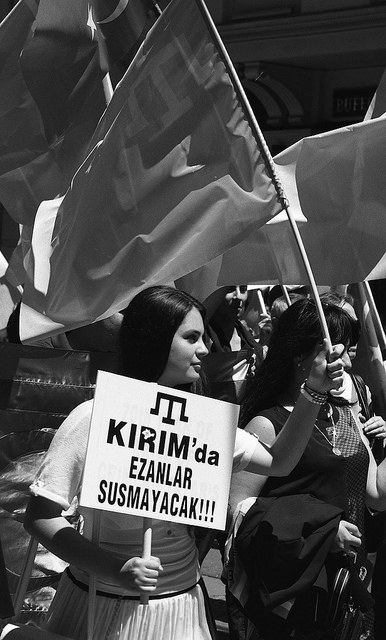Neue Zürcher Zeitung, May 26, 2007
Heroic self-portraits
Painting a picture of themselves as heroic and of utmost journalistic independence has become part of the marketing strategy of many players in an ever more competitive field of the media. This was observed when police searched the offices of German political magazine Cicero after it published an article about Al-Qaeda terrorist Al-Zarqawi. The article was said to have carried confidential information, apparently received from an employee of the Federal Criminal Police Office. Then, there was the small storm that picked up when earlier this year, Swiss tabloid Sonntags-Blick published a sensational but far-fetched article about certain documents hinting at secret CIA prisons in Europe. Even if such scoops don’t become real money makers, they still are attempts at gaining credence as media powerhouses and agenda setters.
Turning the countermeasures taken by authorities against overly “nosy” journalists into scandals seems almost like a substitute act if you consider the far more subtle and effective attempts at influencing the media regularly undertaken by politicians. Here also, cash is king. Quite often, those attempts take on the form of “production cost subsidies” or of background material, sent to journalists for free. Given the excellent quality of that material, it rather regularly enters the media channels unaltered, representing a welcome “bonus” especially to those media that suffer from scarce resources.
A year ago, the New York Times revealed how different departments of the US government insisted on the production of hundreds of TV features, mainly broadcast by local affiliates of the large TV networks. These local TV stations didn’t even remotely hesitate to present the pre-fabricated PR material as their own reports. Another example would be the famous radio and newspaper columnist who received $240,000 for supporting an education initiative by the US government.
“Production cost subsidies“
It is more than likely that ‘Big Business’ is pursuing similar media strategies. Last year, many cases of (illegal) product placement on German television were uncovered. As revealed just recently, German national broadcaster ARD received “production cost subsidies” for the promotion of specific music titles that were used as background sound for its high-rated sports magazine Sportschau. In addition, reports revealed that national broadcasters also accepted “subsides” by government officials in exchange for a “favourable” coverage.
The EU Commission is engaging in similar activities. According to a public statement issued last week, the Commission puts aside 10 million euros for supporting TV reports on EU topics, so far only treated rarely by the media. Up to 250,000 euros may be paid out per report. What is striking is the fact that, until recently, the Commission delivered its subsidies only on the condition that the reports do not compromise the EU’s public image and reputation. However, after much public criticism, it has dispensed with that restriction, granting the subsidised media “full journalistic freedom”. At least the Commission intends to oblige broadcasters to declare all subsidies received, but how many TV consumers are likely to really pay attention to this kind of less-than-voluntary “self-declaration”?
Today, in an environment that is heavily influenced by powerful “communication machines”, the media is fighting for its journalistic freedom. According to estimates by Fritz Plasser, media researcher at the University of Innsbruck, 150,000–170,000 people, the so called “spin doctors” in the US, are currently active in the field of political information management as compared to a mere 115,000 full-time news editors and journalists.
Plasser explained during a conference recently held in Zurich that the percentage of people working for governments or party headquarters in Germany, Sweden, the UK and Austria has tripled over the last 10 years. In 2003, the British government spent 207 million euros for advertising and public relations, while its German counterpart still spent 88 million. In Switzerland, according to a recent study published by Zurich University (IPMZ), different levels of authorities are among the most important clients of political consultants.
Although, the communication departments should not be solely regarded as evil instruments of media manipulation. In their role as service providers, they can be vital for explaining and clarifying many complex topics to interested citizens. The more media concerns “downsize” their journalistic staff, the more powerful those professional communicators become at defining how topics should be perceived and interpreted by the general public.
Translation: Oliver Heinemann







































